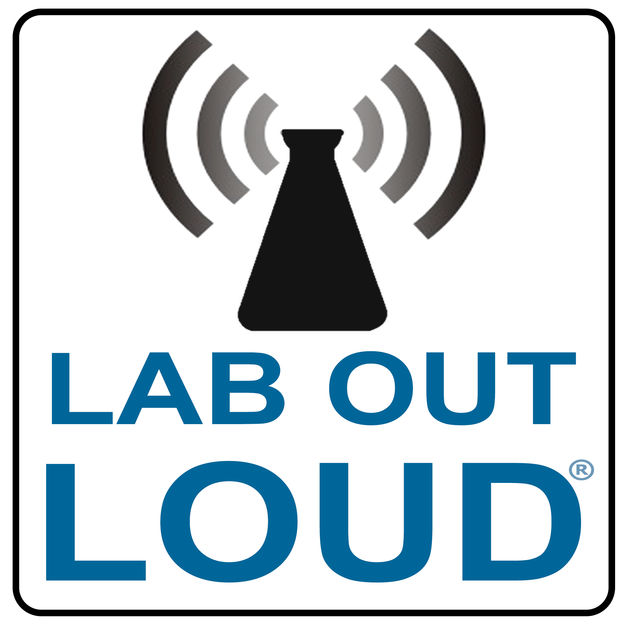
Lab Out Loud
Dale Basler and Brian Bartel
Lab Out Loud is a show about science teaching in the classroom and beyond. Lab Out Loud seeks to explore science education through discussions with educators, researchers, leading scientists, science writers and other guests who are committed to promoting excellence and innovation in science teaching and learning for all.
- 48 minutes 28 secondsFighting Wellness Scams with Science
Ever feel lost in the world of wellness advice online? Our guest, Dr. Jonathan Stea, has a new book called "Mind the Science" that helps cut through the noise of the wellness industry, exposing pseudoscience and mental health misinformation. As a promoter of science communication, Dr. Stea seeks to empower people to make informed decisions about mental well-being. His new book is a must-read for anyone who wants to understand the real science behind mental health and protect themselves from misinformation lurking in healthcare, pop culture, and social media.
Show notes at:
https://laboutloud.com/2024/11/episode-283-mind-the-science/
19 November 2024, 3:38 am - 58 minutes 39 secondsHow to Teach Science with Humor
Science comedy writer Sarah Rose Siskind has some ideas. We met Sarah at SXSWedu in the spring of 2024 where she delivered a keynote titled Science Comedy: Why it's a Thing and How to Do It. Of course we had to have her on the show. To open our 18th season, Sarah joins Lab Out Loud to share insights from her work with Hello SciCom, emphasize the link between humor and empathy, and give some tips for using comedy to communicate science in your classroom.
Show notes at:
https://laboutloud.com/2024/09/episode-282-teach-science-with-humor/
30 September 2024, 6:37 pm - 34 minutes 36 secondsMeasure Locally, Think Globally with Vernier Sensors
It's spring, and it's a great time to get students outside to do some science. Need some ideas? Science teacher Brian Kaestner (St. Mary's Hall in San Antonio) and Vernier Educational Technology Specialist Colleen McDaniel join us to discuss how they use Vernier sensors so students can locally measure the effects of climate change.
Show notes at:
https://laboutloud.com/2024/05/episode-281-vernier-climate-change/
6 May 2024, 5:54 pm - 1 hour 25 secondsSTEM Learning with the World's Simplest Camera
Video version at: https://youtu.be/7zvYh4XvFVk
In 2017, Sam Cornwell launched a successful Kickstarter campaign to make a pinhole camera called the Solarcan. Now a successful company with the same name, the Solarcan is a simple camera that takes extremely long time exposures capable of capturing the path of the sun. Sam joins us for this special video episode of Lab Out Loud to tell us how the Solarcan combines art and astronomy for the citizen scientist in all of us.
Show notes at:
8 March 2024, 9:34 am - 33 minutes 39 secondsHow to Become a Scientific Illustrator
Ella Marushchenko joins Lab Out Loud to discuss her job and her journey from a traditional art background to creating scientific illustrations. Stressing the need for artistic freedom in scientific visualization, Ella describes how she balances the collaborative process between artists and scientists as she translates complex concepts into visually appealing art.
Show notes at:
https://laboutloud.com/2024/01/episode-279-scientific-illustrator/
14 January 2024, 2:45 pm - 47 minutes 30 secondsWithout Twitter, Where Will Scientists Find Community?
In a recent survey, Nature asked scientists about their use of Twitter, and discovered that many decreased their use of the platform, and some have decided to leave it completely. To help understand this trend, we welcome bilingual science journalist Myriam Vidal Valero to the show. Myriam reminds us how many scientists need social media to connect, share their work, and build connections to help advance their careers. With the recent changes at Twitter, Myriam helps us navigate through the fragmentation of what's left in the landscape of social media for scientists that still want and need to collaborate online.
Show notes at:
https://laboutloud.com/2023/10/episode-278-scientists-leaving-twitter/
19 October 2023, 5:54 pm - 40 minutes 58 secondsWe Can't Recycle our Way Out of This: The Hidden Cost of Cheap Technology
To talk to us about the life cycle of our technology, we welcome Lucas Gutterman to the show. As the director of the Design to Last campaign with PIRG, the Public Interest Research Group, Lucas provides us with some insight and strategies on how we can advocate to make our devices last longer, and in turn save money and previous raw materials.
Show notes at:
https://laboutloud.com/2023/08/episode-277-chromebook-churn/
25 August 2023, 3:08 pm - 42 minutes 29 secondsThis Comic Book Shares Secrets of Everyday Hidden Systems
Artist Dan Nott joins Lab Out Loud to tell us about his new graphic nonfiction book called Hidden Systems. With the help of visual metaphors, Dan illustrates systems that we often take for granted, such as the internet, the electrical grid, and providing water. Hidden Systems reveals these difficult to understand and often hidden systems that we tend to care about most when they aren't working. Through his research and art, Dan also reveals their history, with sometimes uncomfortable truths about our past that are literally hardwired into our present.
Show notes at:
16 May 2023, 11:08 pm - 32 minutes 54 secondsThe Bald and the Beautiful: Tales from the Nest in Big Bear Valley
Meet the Friends of Big Bear Valley, a group that maintains two solar powered webcams focused on Jackie and Shadow, a pair of bald eagles in Big Bear Valley, California. Executive Director Sandy Steers and Candee Roberts join us to share a little of Jackie and Shadow’s life while describing the continuous challenges that the eagles face. Listen to the show to learn how you can observe these eagles in your classroom for environmental awareness, appreciation and enjoyment.
Show notes at: https://laboutloud.com/2023/03/the-bald-and-the-beautiful-tales-from-the-nest-in-big-bear-valley
5 April 2023, 8:16 pm - 39 minutes 22 secondsRevisiting the 1986 Teacher in Space Program
Announced in 1984 by President Reagan as a way to boost science education, the Teacher in Space program invited teachers to apply to become the first citizen into space. Realizing that two teachers from Wisconsin were selected, we reached out to connect with one of them. From Tomah, Wisconsin, science teacher Larry Scheckel was a finalist in the program alongside Christa McAuliffe. Larry joins the show to describe the Teacher in Space application and selection process, tell us about the state of science education in the 80s, and relive the shared grief that he and other finalists experienced when the Challenger exploded.
Show notes at: https://laboutloud.com/2023/02/episode-274-teacher-in-space/
27 February 2023, 5:00 pm - 47 minutes 50 secondsHelp! My Physics Tutor is a Robot!
Rhett Allain returns to Lab Out Loud for his 5th time to talk about ChatGPT, a novel artificial intelligence chat tool from OpenAI. In the last few months, Rhett has also been exploring how to use ChatGPT to see how it can solve physics homework, serve as a suitable teaching assistant and even write code. Rhett shares his experience as we think about the utility of emerging AI tools and how they might challenge educators to teach differently.
Show notes:
19 January 2023, 9:01 pm - More Episodes? Get the App
Your feedback is valuable to us. Should you encounter any bugs, glitches, lack of functionality or other problems, please email us on [email protected] or join Moon.FM Telegram Group where you can talk directly to the dev team who are happy to answer any queries.
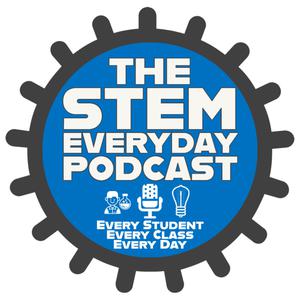 STEM Everyday
STEM Everyday
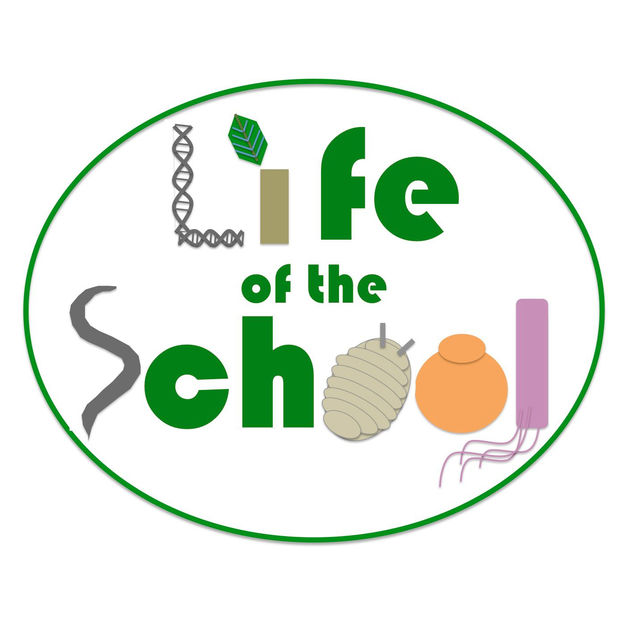 Life of the School Podcast: The Podcast for Biology Teachers
Life of the School Podcast: The Podcast for Biology Teachers
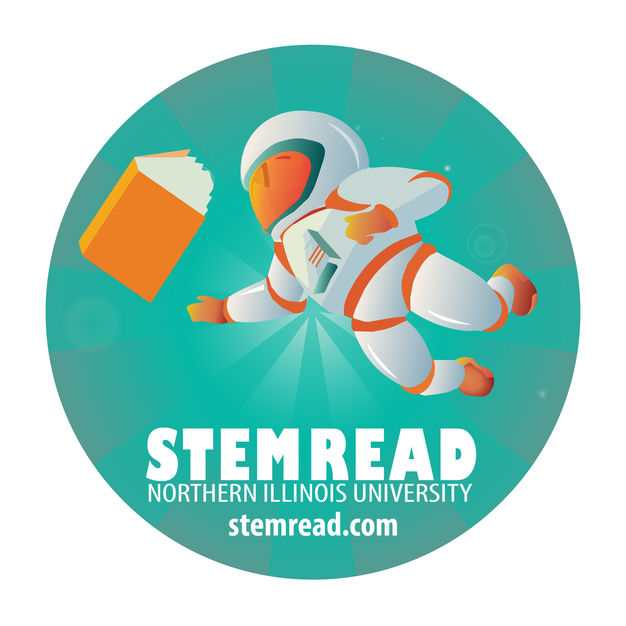 STEM Read
STEM Read
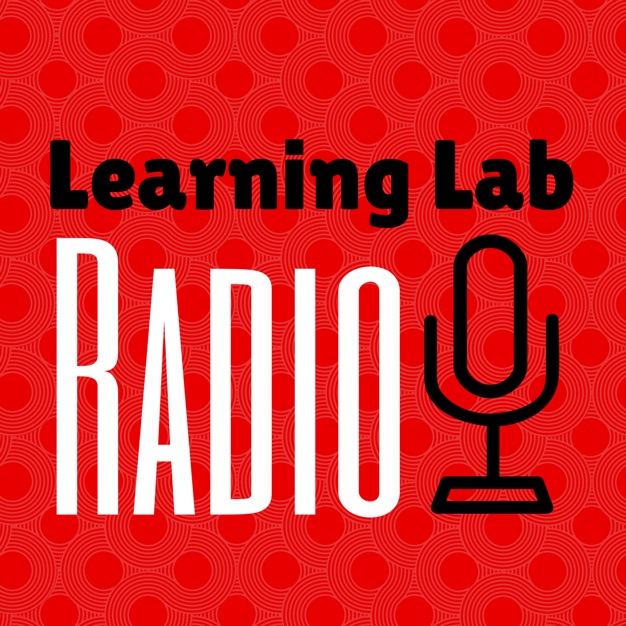 Learning Lab Education Radio
Learning Lab Education Radio
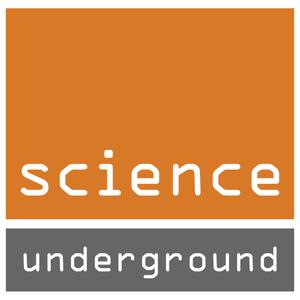 Science Underground
Science Underground